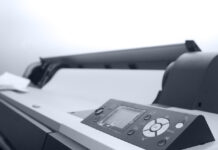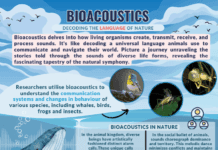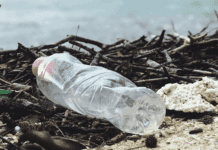TESTS on more than 100 sea turles – spanning three oceans and all seven species – have revealed microplastics in the guts of every single turtle.
Researchers from the University of Exeter and Plymouth Marine Laboratory, working with the Greenpeace Research Laboratories, looked for synthetic particles (less than 5mm in length) including microplastics in 102 sea turtles in the Atlantic, Pacific and Mediterranean.
Synthetic particles were found in all of the turtles, the most common being fibres, which can potentially come from sources including clothing, tyres, cigarette filters and maritime equipment such as ropes and fishing nets.
“The effect of these particles on turtles is unknown,” said lead author Dr Emily Duncan, of the Centre for Ecology and Conservation on the University of Exeter’s Penryn Campus in Cornwall.
“Their small size means they can pass through the gut without causing a blockage, as is frequently reported with larger plastic fragments.
“However, future work should focus on whether microplastics may be affecting aquatic organisms more subtly.
“For example, they may possibly carry contaminants, bacteria or viruses, or they may affect the turtle at a cellular or subcellular level. This requires further investigation.”
In total, more than 800 synthetic particles were found in the 102 turtles studied. But researchers only tested part of each animal’s gut – so the total number of particles is estimated to be about 20 times higher.
Researchers do not currently understand how synthetic particles are ingested by turtles, but the likely sources are polluted seawater and sediments, and eating via prey or plants.









